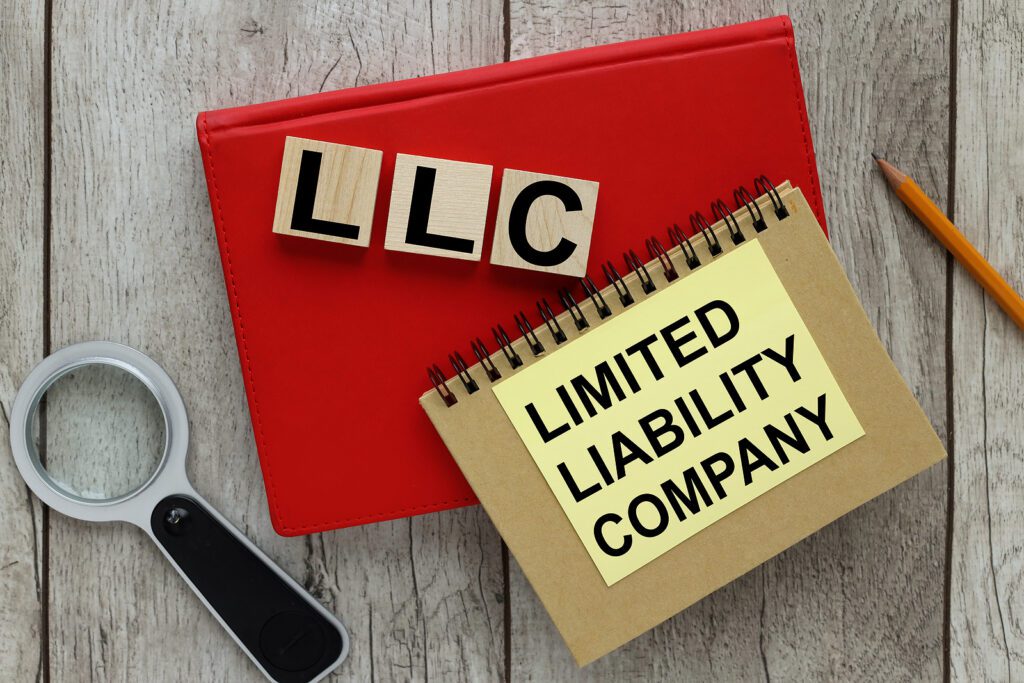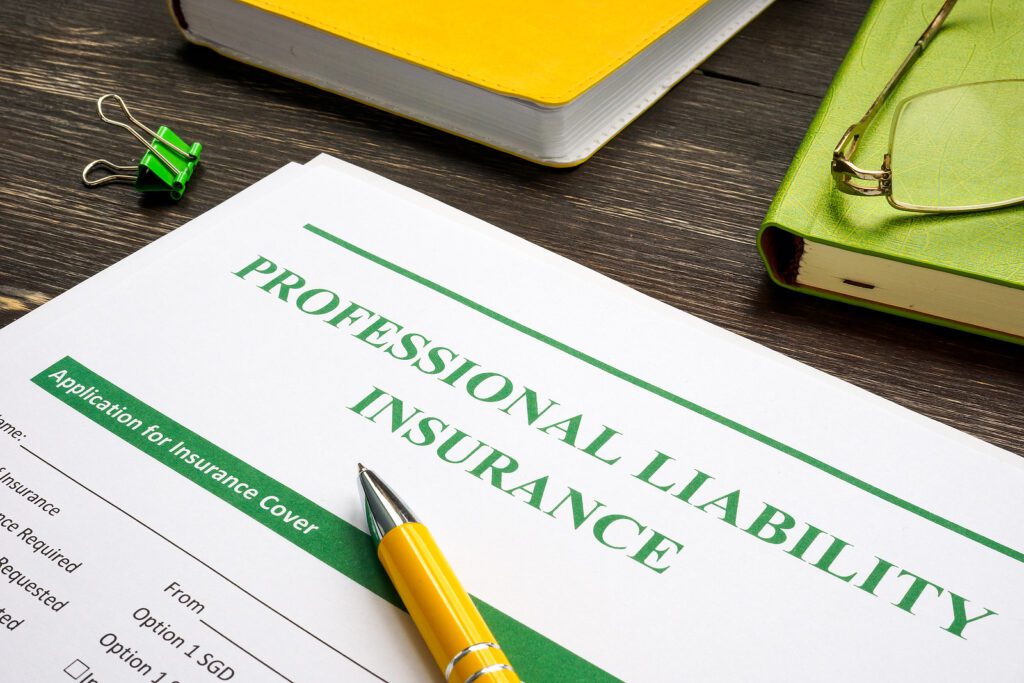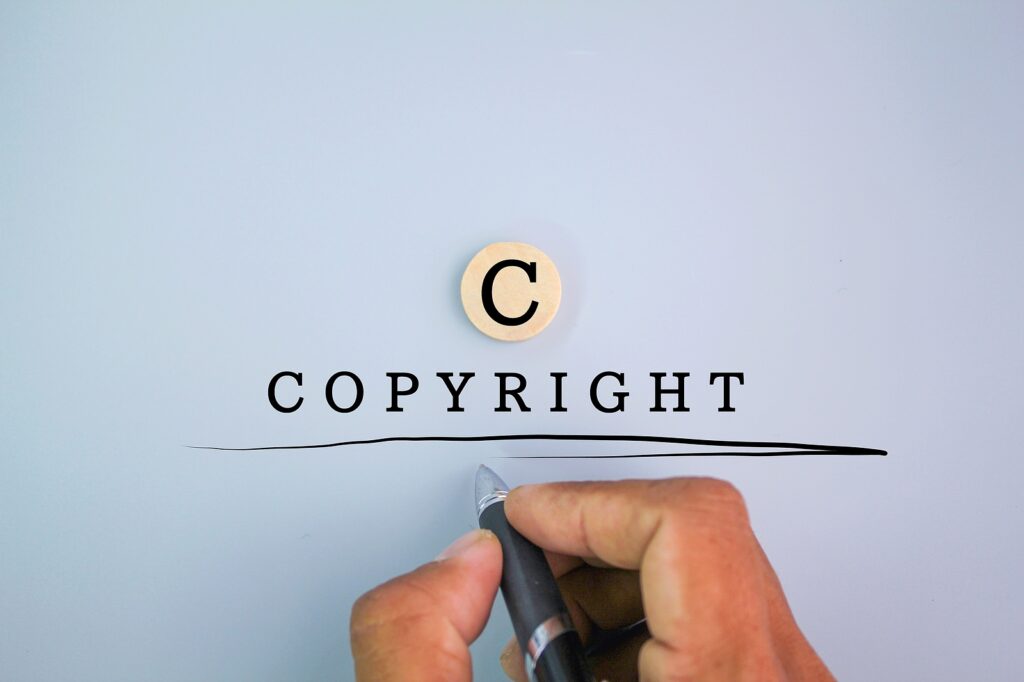5 Essentials That Can Help You Protect Your Business

If you own or are planning to start your own business, there are a lot of daily details to manage. While it’s not the “fun” side of owning a business, making sure your business is protected is one of the most critical aspects for long-term success and growth.
It’s hard to know what type of challenges you’ll face in the future, so it’s important to create a strong foundation that you can draw from if, or when, you need it.
5 Essential Ways to Protect Your Business
If you’ve been holding off on taking steps to protect your business, it’s probably because it all feels overwhelming and you don’t know the best place to start. I’ve picked five important tools that are fairly simple to implement so you can get on your way to protecting your hard-earned reputation and assets.

Select the Right Business Legal Structure
Selecting the right business structure is crucial because it can set you up for success. But, if done incorrectly or without adequate professional advice, it can contribute to business failure. With over 50% of new businesses failing within 5 years, the right tax and legal foundation can increase the odds of helping you stay on solid ground.
Step one then is to consult with your accountant (and a good attorney). They can help you determine which structure is best for your unique business goals and operating style.
You have many options to choose from including sole proprietorship, a limited liability company (LLC), or incorporation (two types: S or C). Each has its own benefits and limitations that need to be taken into account to make sure you are optimizing your profit potential while lowering your business risk.

Get Business Liability Insurance
There are two types of business insurance: General Business Liability and Professional Liability policies.
The General Business Liability policy pays for legal expenses (attorney fees, court costs, and settlements) if you’re sued. For example, if a non-employee gets injured on your business property or you do damage to someone else’s property during the course of your service. It also would cover lawsuits for slander or copyright infringement.
A Professional Liability Insurance may sound like the same thing as a General Business Liability policy, but it’s not. It targets ‘errors and omissions’ situations involving alleged professional misconduct and negligence while conducting professional services.
If you can only afford one, most business owners select General Business Liability coverage but check with your insurance representative for their advice.
Both legal structure options and insurance coverage are covered in more detail in Lesson 1 and Lesson 2 of my “Business Start-Up Essentials” course. It offers many more tips, resources, and strategies to protect you and your business from exposure.

Protect Your Business’s Intellectual Property
This area of protection is one that gets missed the most. But protecting your intellectual property includes things like material on your website, marketing materials, logo, presentations, and much more.
Virtually anything that’s written should be identified as copyrighted showing your intention to claim it as a business asset. Should someone copy material from your website and use it without permission, you would have a legal basis to stop them.
You can do this by showing the Copyright Mark (©) at the bottom of the page on any marketing or webpage materials.
Trademarking your business name and logo requires some time and investment, but it’s worth every bit of both. I’ve personally known two people who had been in business for years but didn’t go through the formal process of trademarking their business names.
They just never thought it would be an issue until it was. One day, they were notified to stop using a business name they had used for decades.
They had to completely re-brand, costing them thousands of dollars, and a ton of time, effort, and stress.
There are plenty of affordable sources that can help you with this process. Legalzoom.com is an easy and affordable option over hiring an attorney.
For more information on Trademarks and Copyrighting, check out Lesson 5 in my Business Start-Up Essentials course.

Protect Your Business with Cybersecurity
Not a day goes by when you don’t hear that some business or individual’s information has been hacked. Often business or personal information is stolen or held for “ransom”.
No one is immune to this. From governmental agencies to your doctor’s office.
You don’t have to be a security ninja, but there are some basics that you should consider.
At the most basic, be sure to have effective virus and malware software running on your computers. Sometimes that means multiple software applications.
I’ve used ESET’s Nod32 and Smart Security programs and the Malwarebyte application for years. They’ve caught many attempts by trojans and viruses trying to access my computers.
But there’s an added layer that businesses now have to consider.
How to safely manage their customer’s information. Suppose you maintain client information in your business, or market directly to clients via your website where they opt-in to a mailing list, you need to know the law related to managing their personal information.
Do you have customers who pay for your services by paying online through a shopping cart portal? Then it’s imperative you know how to protect that information from unauthorized use.

Protect Your Business with Strong Employee and Client Contracts
This may sound like a no-brainer, but not having a strong, vetted employee or client contract can put you and your business at risk.
Make the investment to have a professional contract created and vetted by a business contract attorney. We can never prepare for every scenario or exposure. A strong contract is a good basis to draw from though when a customer or vendor goes rogue.
Get specific about the terms of your service. Be sure to include a clear pricing structure, payment terms, cancellation policy, and a description of the service you are providing. A good arbitration clause is another important feature to consider. are some examples of what goes into an effective contract.
For employee contracts, you’ll need to include similar information on their job description, salary, reasons for possible future termination, and any other pertinent facts. The clearer you can be in writing, the better. A court will put more weight on terms that are in writing than verbal.
A more in-depth review of contracts and what makes them effective are in Lessons 3, 4, and 6 of my Business Start-Up Essentials course.
Dialing in these protections for your business can save you thousands in legal fees, let alone countless hours (and sleepless nights). It will give you the freedom to do what you do best: focus on providing the best service to your clients and grow your business.
Deborah

P.S. Looking for more senior downsizing business training courses? Click here for more information.
